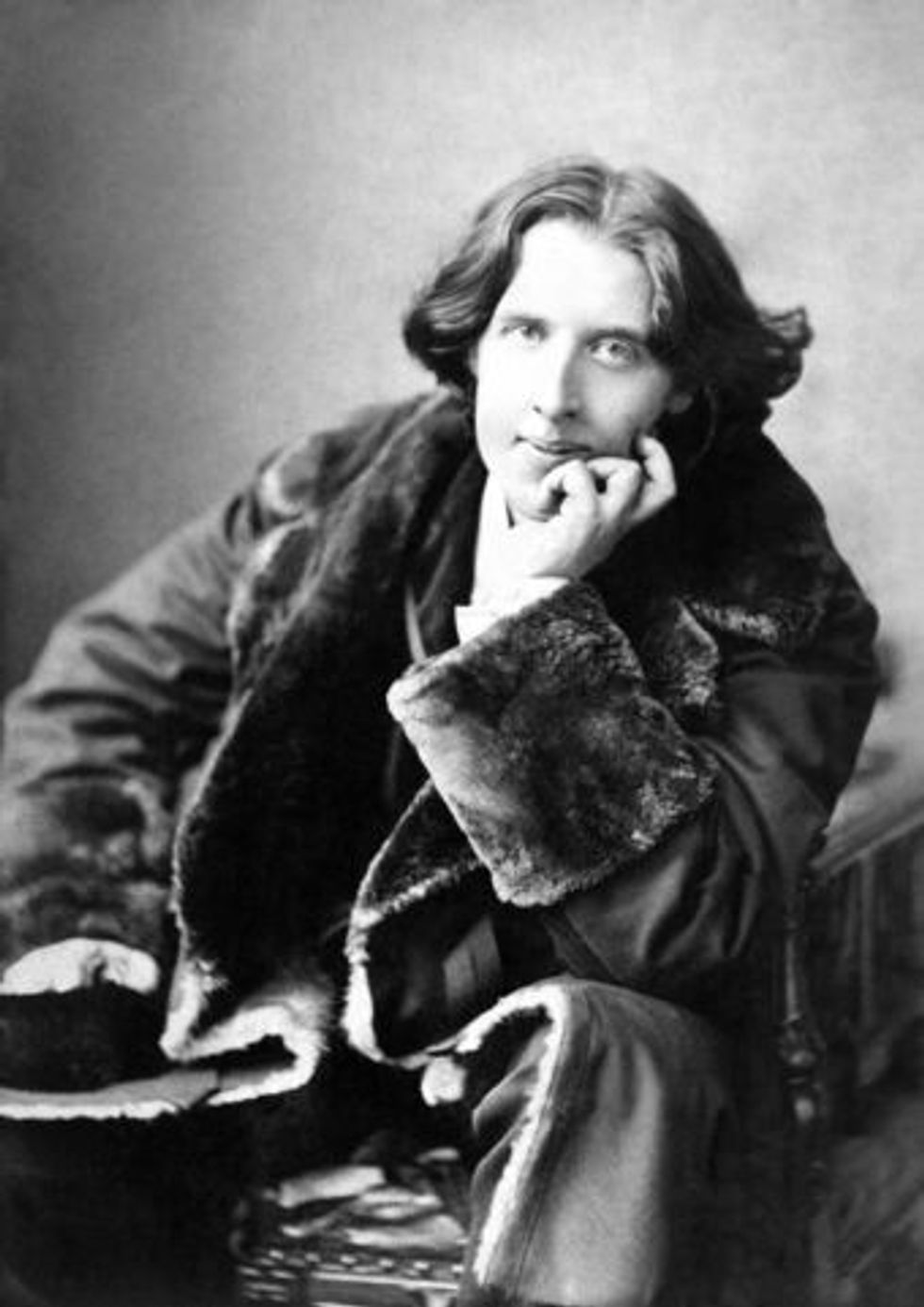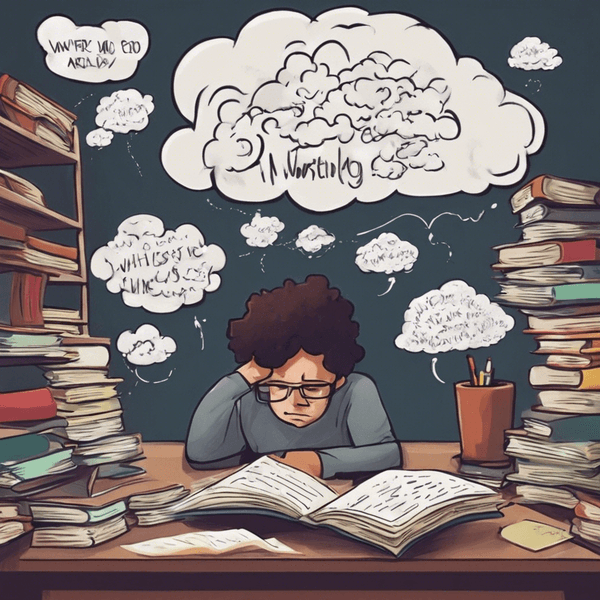Childhood
Oscar Wilde was born on October 16, 1854 in the city of Dublin, the capital of Ireland. His father, William Wilde, was a famous surgeon, and his mother, Jane Algie, was a poet. However, his parents broke up, after which Oscar lost all contact with his father. Since childhood, the boy idolized his mother. It was from her that he inherited an impeccable aesthetic taste, his talent, as well as a love of literature. In the evenings, she recited to Oscar and his older brother Willie her poems.
Education
Up to nine years, Oscar received a home education and, when he went to school, already knew two languages German and French. Having received good points in exams, Oscar was able to enter a scholarship at the prestigious Trinity College in Dublin. He studied easily, was interested in art and the humanities, became interested in ancient literature and could college essay writing services. He was very capable. He was especially good at the art of conversation; in this subject he excelled the rest.
After college, Oscar Wilde entered Oxford University, where he achieved the highest academic success, receiving a scholarship of St. Magdalene at age 20. During his studies, Oscar became close to a circle of decadents who called themselves esthetes, and after a while he headed it. The witty handsome man with long hair was well known at the university for his love of decorating his room with beautiful things.
Creation
Oscar Wilde reflected his aesthetic views in a number of articles and treatises entitled The Decline of the Art of Lying (1889), Pen, Pencil and Poison (1889), and Truth of the Masks (1889). In The Decline of the Art of Lies, Wilde argues that true art has always been the art of lies.
In his small treatise, Pen, Pencil and Poison, he writes that a true artist is above good and evil, that he can even be a criminal.
Subscribe to our
Newsletter
In 1891, Oscar Wilde wrote one of his most controversial works, "Portrait of Dorian Gray." Critics immediately pounced on this novel. Oscar Wilde tried in vain to justify himself, explaining that "art does not depend on morality." According to him, "in every person there are two principles: the desire for God and the desire for Satan." The novel attracts public attention even more and Oscar Wilde likes this. He continues to enjoy fame, not noticing that it already goes hand in hand with a scandal. He reacts to criticism with his usual wit: "So that they don't talk about you, there can only be one worse thing - when they don't talk about you."
In those same years, Wilde created a series of fairy tales: "The Happy Prince", "The Young King", "Star Boy" and others. In these works, he asks the question, what is more important for a person - good or beauty. You will find out the answer if you read his works in the section "English Writers. Oscar Wilde "or see the film adaptation in the" Cinema.
The most decadent work of O. Wilde is the drama "Salome" (written in French), which is based on the gospel legend of the Jewish princess Salome, who demanded from the king as a reward for her dance the head of the prophet Jokanaan (John the Baptist).
His latest work, The Ballad of Reading Prison, was written in 1898. In it, in poetic form, he talks about the tragic fate of a prisoner sentenced to death for the murder of his beloved.
Calls for compassion and a true reflection of the horrors of life directly contradict Wilde's previous aesthetic theories, although if you think about it, he never was a consistent exponent of these theories, he always resisted them internally.
Oscar Wilde died in Paris on November 29, 1900.
Oscar Wilde remains one of the most tragic and vivid figures in the history of English literature.




 Photo by
Photo by 
 Photo by
Photo by  Photo by
Photo by 

 Photo by
Photo by  person holding black smartphone on white textile
Photo by
person holding black smartphone on white textile
Photo by  StableDiffusion
StableDiffusion
 Photo by
Photo by  Photo by
Photo by 



